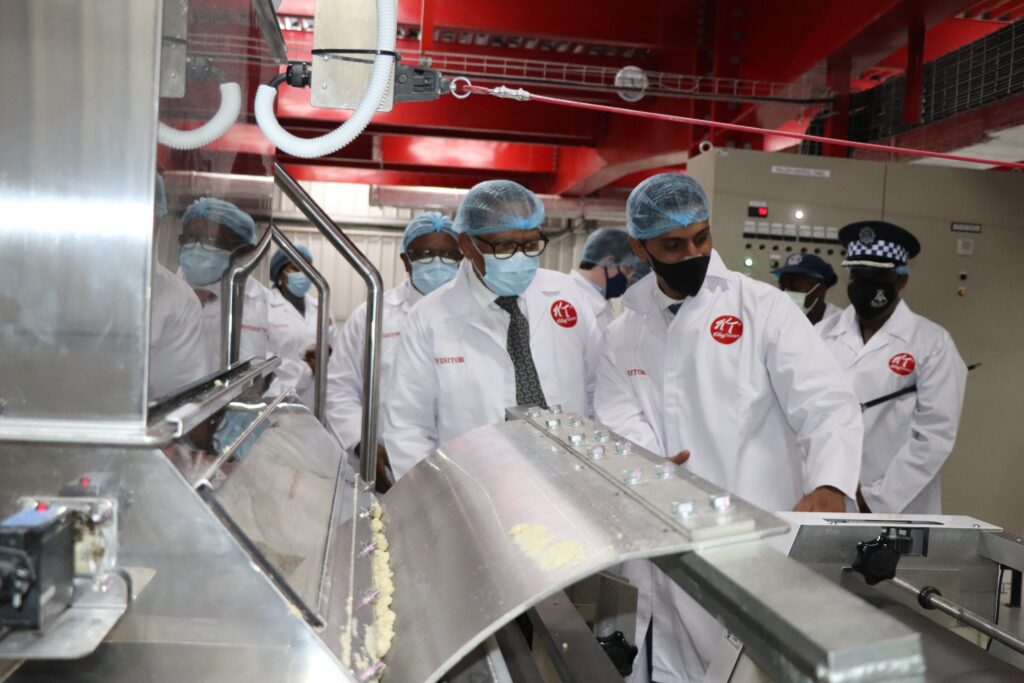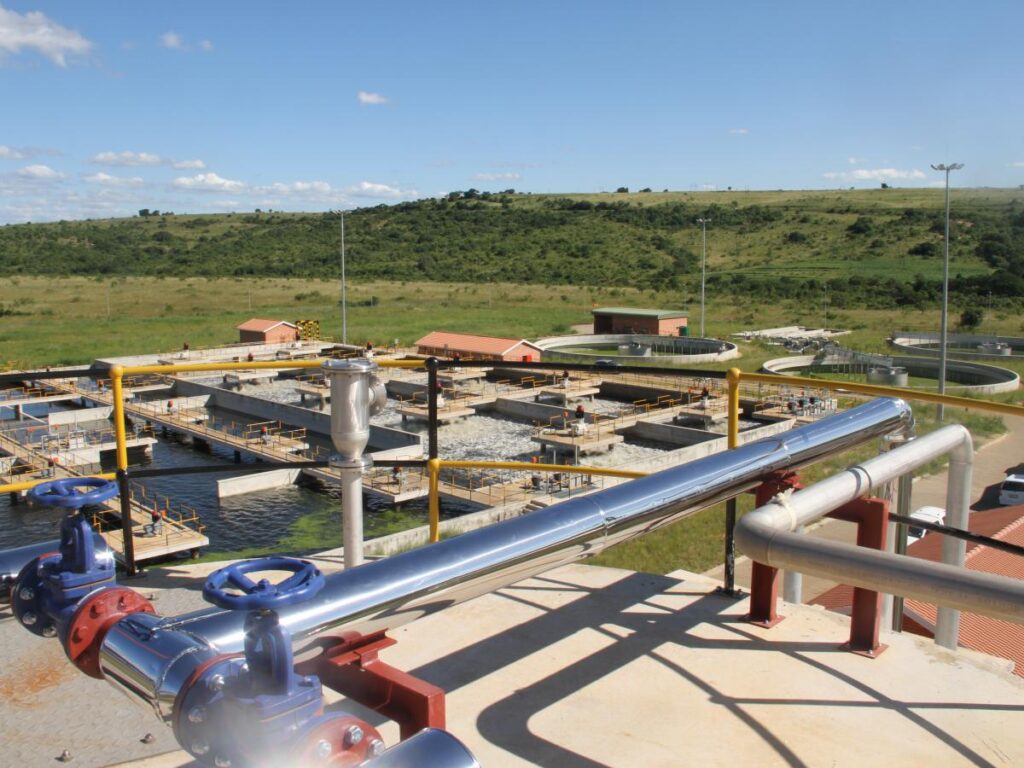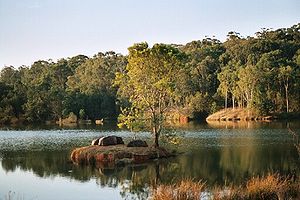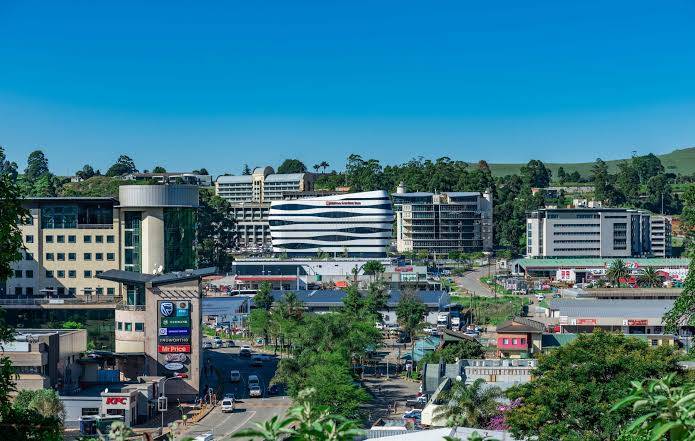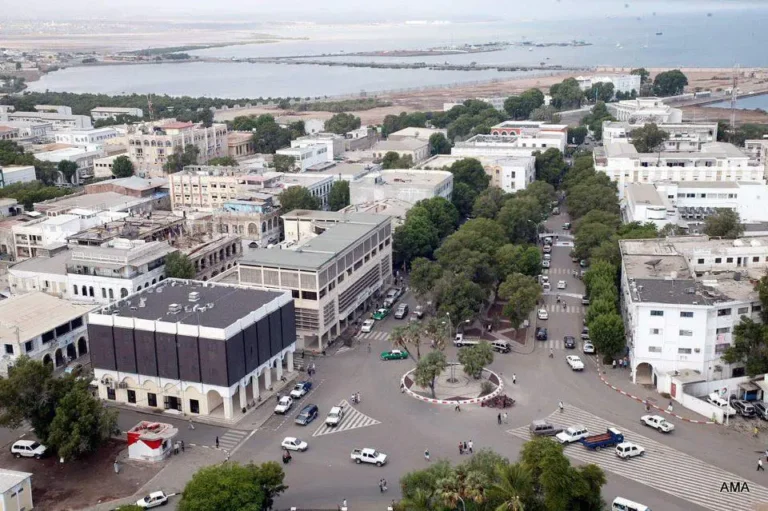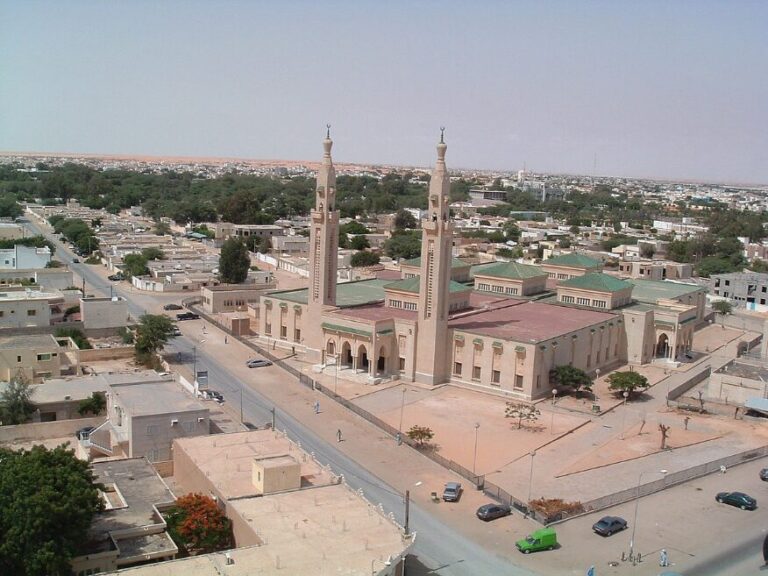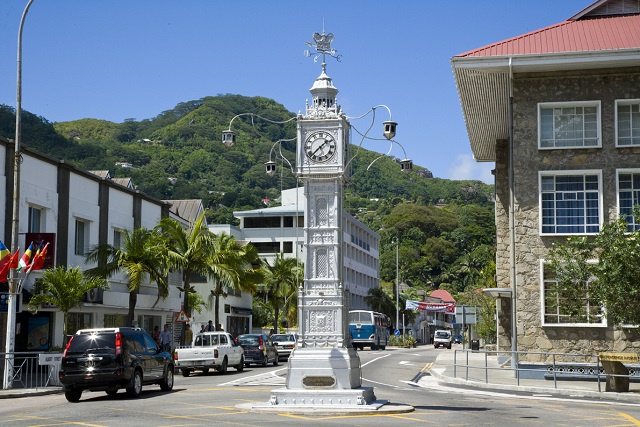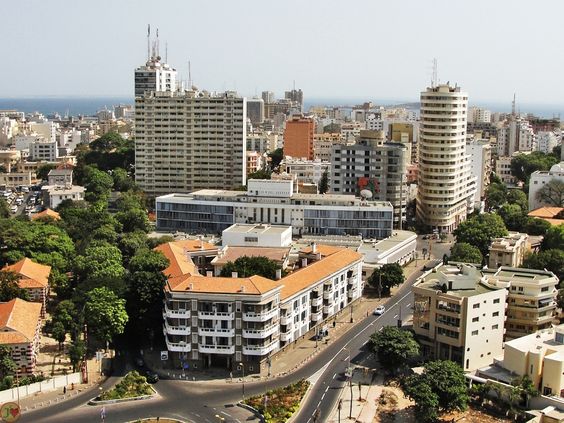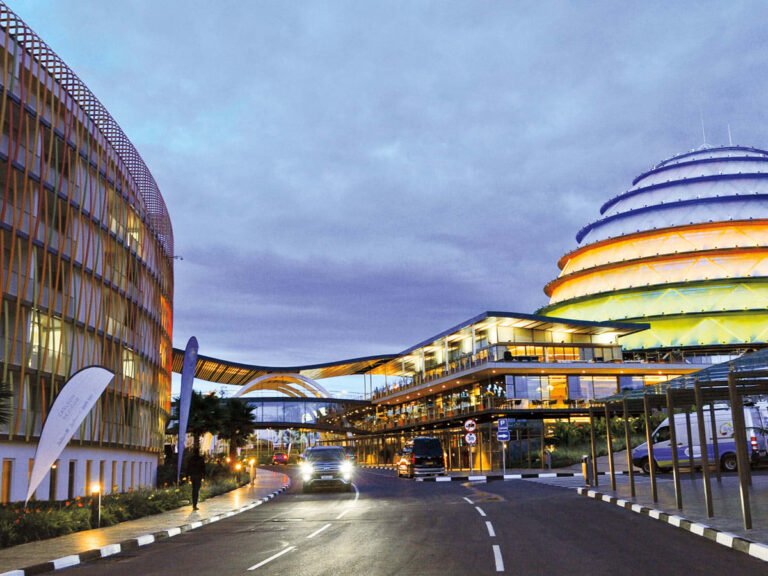Eswatini, officially the Kingdom of Eswatini formerly named Swaziland; officially renamed in 2018), is a landlocked country in Southern Africa. It is bordered by Mozambique to its northeast and South Africa to its north, west, south, and southeast. At no more than 200 kilometers (120 mi) north to south and 130 kilometers (81 mi) east to west, Eswatini is one of the smallest countries in Africa; despite this, its climate and topography are diverse, ranging from a cool and mountainous highveld to a hot and dry lowveld.
The current population of the Kingdom of Eswatini is 1,195,983 as of Thursday, June 29, 2023, based on Worldometer elaboration of the latest United Nations data.
Mswati III is the king Swazi: Ngwenyama, Ingwenyama yemaSwati) of Eswatini and head of the Swazi royal family. He was born in Manzini in the Protectorate of Swaziland to King Sobhuza II and one of his younger wives, Ntfombi Tfwala.
The economy of Eswatini is fairly diversified. Agriculture, forestry, and mining account for about 13 percent of Eswatini’s GDP whereas manufacturing (textiles and sugar-related processing) represents 37 percent of GDP. Services with government services in the lead constitute the other 50 percent of GDP.
The Eswatini economy is closely tied to that of South Africa, where 90 percent of imports come from and to where 70 percent of exports are sent. Agriculture and mining are the key elements of the economy.
The review team reports that nearly four in five Swazis are under the age of 35, and two in five are between the ages of 15-35 the definition of youth employed by the 2009 National Youth Policy. The Eswatini kingdom focuses on youth participation in political processes.
The key developments documents are: Eswatini -Country Strategy Paper 2020-2024, The Kingdom of Eswatini Strategic Road Map: 2019-2022, Eswatini Country Strategic Plan (2020-2025), Eswatini Vision 2022
Business opportunities in Eswatini
Eswatini benefits from good road infrastructure, electric energy (mainly imported from South Africa), and telecommunications. The country also offers several incentives to foreign investors (tax, commercial, etc.). Investment opportunities in this country are Agriculture, manufacturing, energy, mining, tourism, and textile.
Bottom of Form
Real Estate Investment, Oil and Gas Investment, Agricultural Investment, Tourism Investment, and Renewable Energy Investment.
